When it comes to choosing the ideal flooring material for your home or commercial space, selecting the right option can be a daunting task. With a myriad of choices available, two popular contenders that often come up in the comparisons are ceramic tiles and vinyl flooring. This article aims to provide a detailed analysis of both options, their characteristics, benefits, and drawbacks, thus empowering you to make an informed decision. 1. Durability and Longevity: Ceramic Tiles: Renowned for their exceptional durability, ceramic tiles are resistant to scratches, stains, and fading. They excel in high-traffic areas, making them a popular choice for commercial spaces. With proper maintenance, ceramic tiles can last for several decades, retaining their aesthetic appeal. Vinyl Flooring: While vinyl flooring is less resistant to heavy wear and tear compared to ceramic tiles, it still offers decent durability for regular household use. Vinyl planks or tiles can provide a long lifespan with appropriate maintenance, but high-traffic areas may require more frequent replacement.
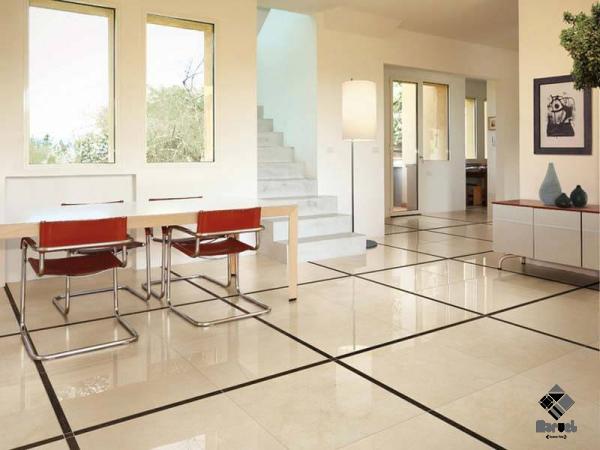
.
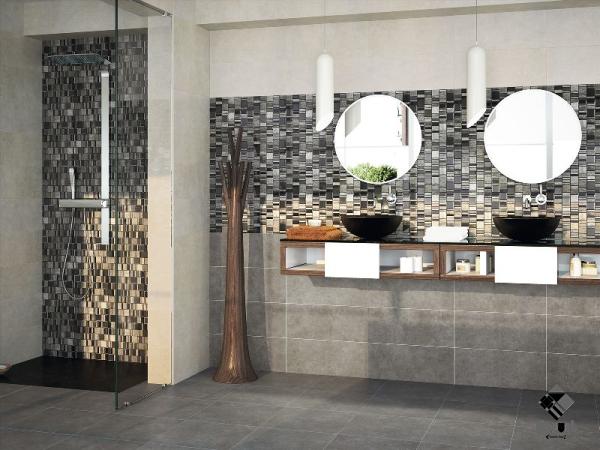 2. Maintenance and Cleaning: Ceramic Tiles: Cleaning ceramic tiles is relatively straightforward, as they are resistant to stains and chemical damage. Regular sweeping or vacuuming coupled with occasional mopping using mild detergents is usually sufficient to keep them looking pristine. However, grout lines between tiles may require additional maintenance to prevent discoloration. Vinyl Flooring: Vinyl flooring’s low maintenance requirements make it a popular choice for busy households. Simple day-to-day cleaning involves sweeping or vacuuming to remove dust and debris, followed by mopping using suitable vinyl floor cleaners. Vinyl requires periodic resealing to maintain its water resistance and durability.
2. Maintenance and Cleaning: Ceramic Tiles: Cleaning ceramic tiles is relatively straightforward, as they are resistant to stains and chemical damage. Regular sweeping or vacuuming coupled with occasional mopping using mild detergents is usually sufficient to keep them looking pristine. However, grout lines between tiles may require additional maintenance to prevent discoloration. Vinyl Flooring: Vinyl flooring’s low maintenance requirements make it a popular choice for busy households. Simple day-to-day cleaning involves sweeping or vacuuming to remove dust and debris, followed by mopping using suitable vinyl floor cleaners. Vinyl requires periodic resealing to maintain its water resistance and durability.
..
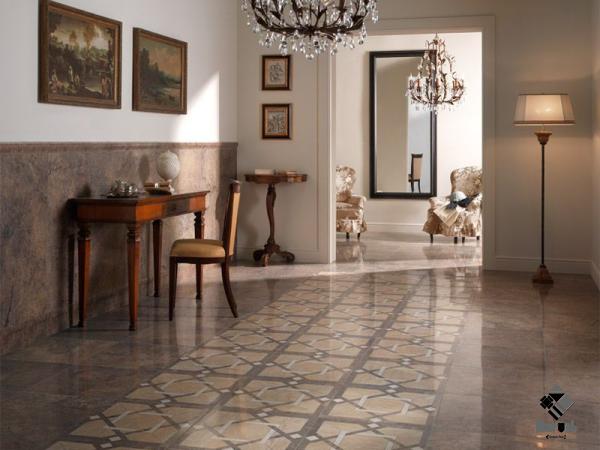 3. Aesthetics and Versatility: Ceramic Tiles: With an extensive range of colors, patterns, and textures available, ceramic tiles allow for endless possibilities in design. From rustic to contemporary, they can effortlessly enhance any interior or exterior setting, adding character and charm. However, the installation process and grouting may slightly affect the overall uniformity. Vinyl Flooring: Vinyl flooring has greatly evolved, offering a diverse portfolio of designs that replicate various materials such as hardwood, stone, or ceramic tiles. This versatility allows homeowners to achieve the desired aesthetic without the expensive price tags associated with natural materials. Additionally, vinyl flooring is available in a range of colors and patterns, providing ample options for customization. 4. Comfort and Safety: Ceramic Tiles: Ceramic tiles tend to be harder and colder underfoot. However, they can be paired with underfloor heating systems to enhance comfort during colder months.
3. Aesthetics and Versatility: Ceramic Tiles: With an extensive range of colors, patterns, and textures available, ceramic tiles allow for endless possibilities in design. From rustic to contemporary, they can effortlessly enhance any interior or exterior setting, adding character and charm. However, the installation process and grouting may slightly affect the overall uniformity. Vinyl Flooring: Vinyl flooring has greatly evolved, offering a diverse portfolio of designs that replicate various materials such as hardwood, stone, or ceramic tiles. This versatility allows homeowners to achieve the desired aesthetic without the expensive price tags associated with natural materials. Additionally, vinyl flooring is available in a range of colors and patterns, providing ample options for customization. 4. Comfort and Safety: Ceramic Tiles: Ceramic tiles tend to be harder and colder underfoot. However, they can be paired with underfloor heating systems to enhance comfort during colder months.
…
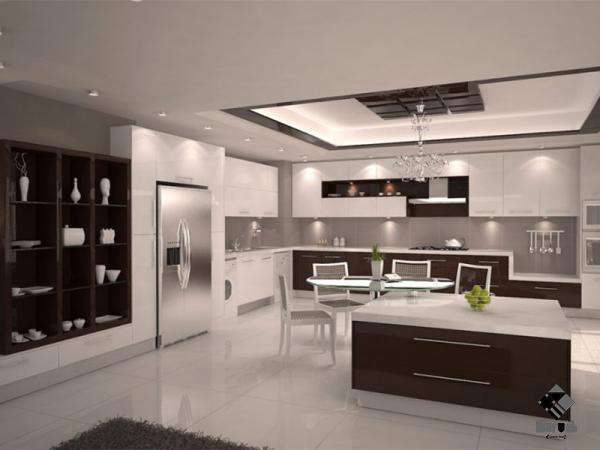 It’s important to note that they can be slippery when wet, making them less ideal for areas prone to moisture, such as bathrooms. Vinyl Flooring: Vinyl flooring provides a softer and more comfortable feel, especially when standing or walking for extended periods. Its water-resistant properties make it suitable for areas exposed to moisture, such as kitchens and bathrooms. Additionally, many vinyl products come with slip-resistant surface textures, ensuring a safer environment. Conclusion: Both ceramic tiles and vinyl flooring have distinct advantages and limitations that make them well-suited for different settings. Understanding their characteristics, durability, maintenance requirements, aesthetics, and comfort aspects will help you make an informed decision based on your specific needs. Whether you prioritize durability and timeless elegance or seek cost-effective versatility, the choice between ceramic tiles and vinyl flooring ultimately depends on your unique preferences and circumstances.
It’s important to note that they can be slippery when wet, making them less ideal for areas prone to moisture, such as bathrooms. Vinyl Flooring: Vinyl flooring provides a softer and more comfortable feel, especially when standing or walking for extended periods. Its water-resistant properties make it suitable for areas exposed to moisture, such as kitchens and bathrooms. Additionally, many vinyl products come with slip-resistant surface textures, ensuring a safer environment. Conclusion: Both ceramic tiles and vinyl flooring have distinct advantages and limitations that make them well-suited for different settings. Understanding their characteristics, durability, maintenance requirements, aesthetics, and comfort aspects will help you make an informed decision based on your specific needs. Whether you prioritize durability and timeless elegance or seek cost-effective versatility, the choice between ceramic tiles and vinyl flooring ultimately depends on your unique preferences and circumstances.

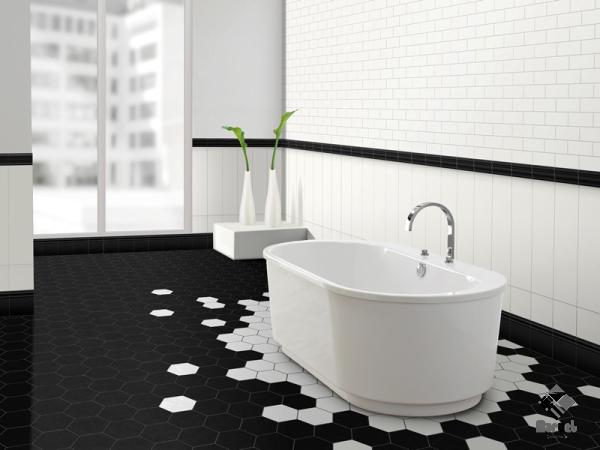
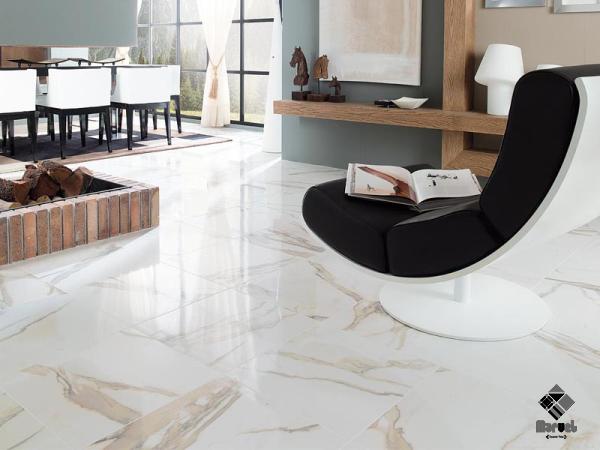
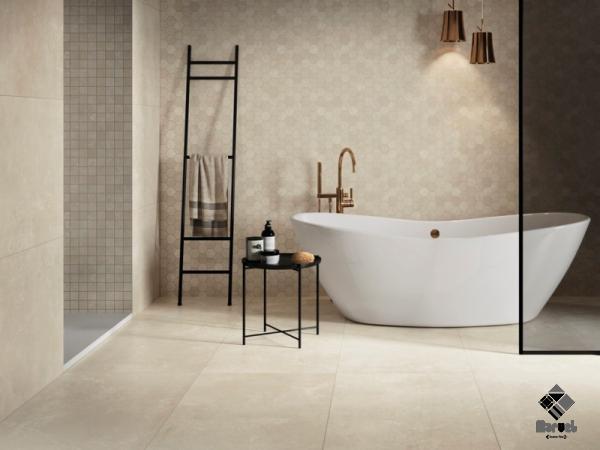
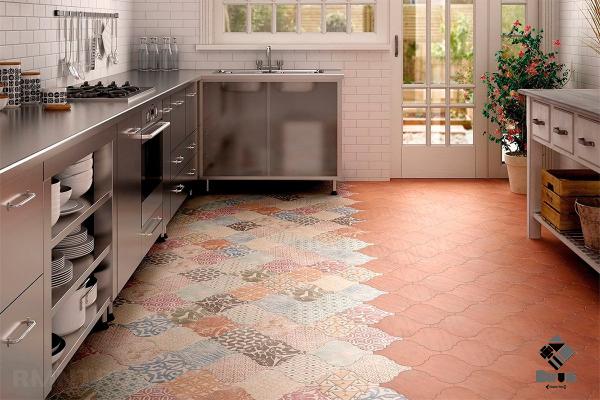
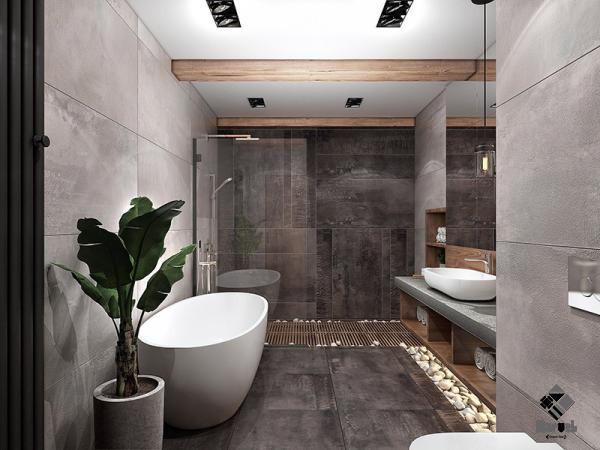
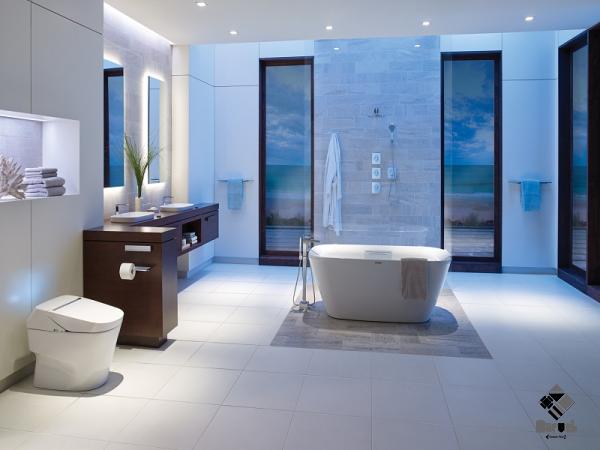
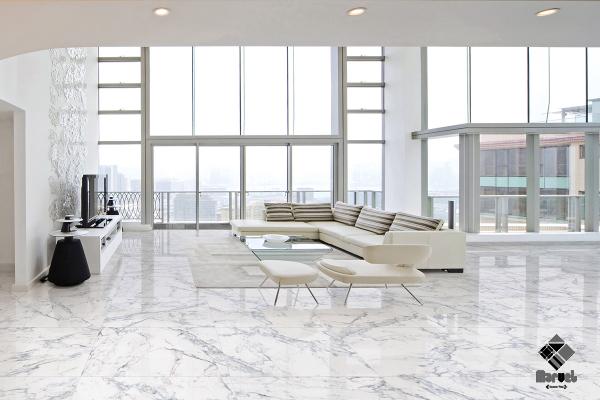

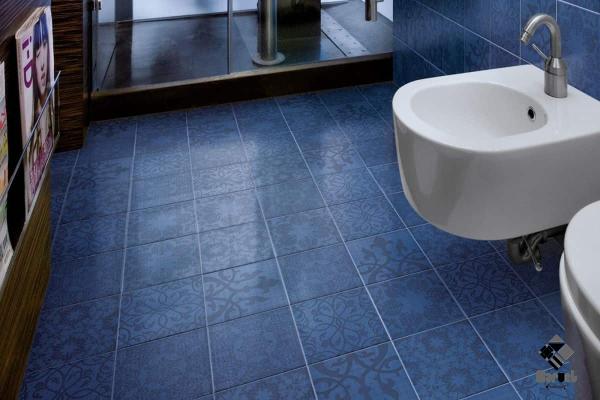
Your comment submitted.